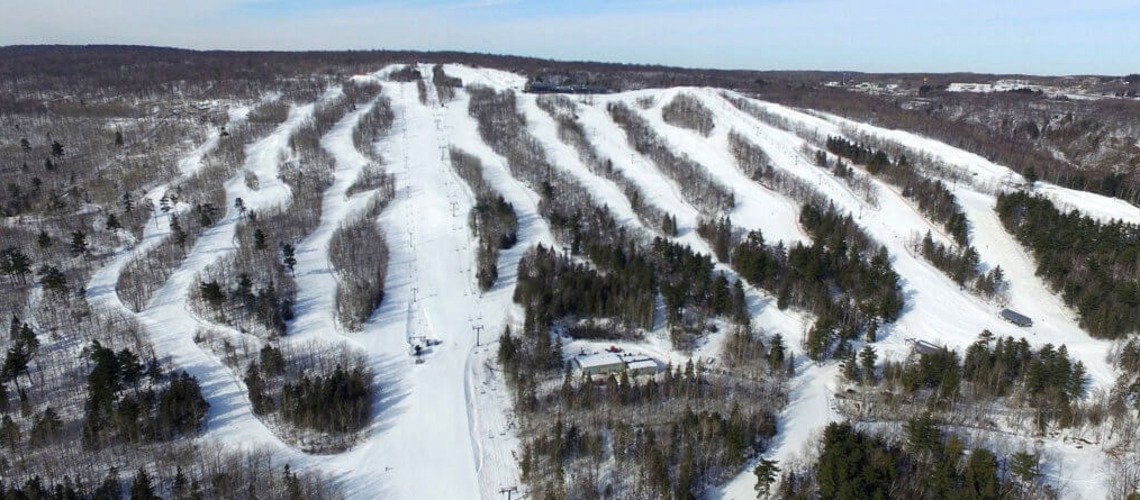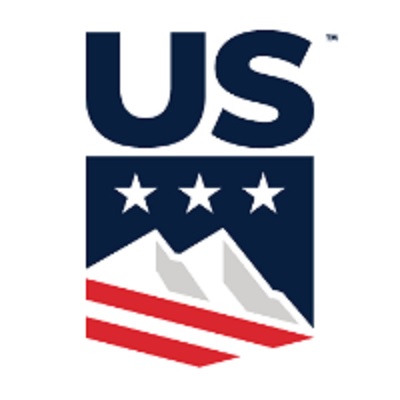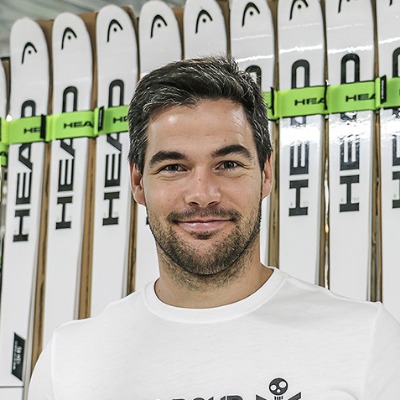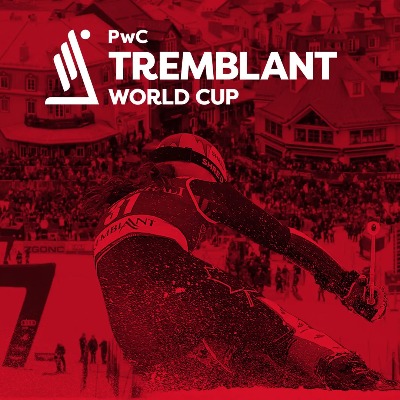Spirit Mountain Task Force Issues Recommendations

Spirit Mountain is a ski area in Duluth, Minnesota. It was founded by the City of Duluth and was built in 1974. With a vertical elevation of approximately 700 feet (210 m), it is the second tallest ski hill in Minnesota. Between 2014 and 2020, the executive director was Brandy Ream.
The Spirit Mountain ski area held its grand opening on December 19–20, 1974. The idea was proposed by former Olympian George Hovland, who laid out the cross country trails,[ with support from then Mayor of Duluth Ben Boo. Local businessman Manley Goldfine served as Chairman of the Spirit Mountain Authority during its development. It greatly increased winter revenues in the city. The extension of Interstate 35 stretching to Duluth was a major contributor to its initial success.
Spirit Mountain is known for having a large terrain park. The park includes jumps ranging from 15 feet (4.6 m) to over 60 feet (18 m), and numerous rails, boxes, and other "jibs".
In the 21st century, Spirit Mountain has been renovating and adding to its infrastructure and attractions. An alpine coaster opened in 2010. In April 2011 they announced plans to add a zip line, miniature golf, and snow tubing to expand operations and attract more visitors in summer. In 2012 the hill's first high-speed chairlift, the Spirit Express II, opened, and work began on downhill mountain bike trails during the following summer. A chalet on Grand Avenue at the bottom of the slope opened in 2013 and serves as the starting point for the Grand Avenue Nordic Center, which opened 2.5km of Nordic ski trails in 2018. Additional improvements planned over the next ten years include chalet renovations, chair lift replacements.
The Spirit Mountain ski area held its grand opening on December 19–20, 1974. The idea was proposed by former Olympian George Hovland, who laid out the cross country trails,[ with support from then Mayor of Duluth Ben Boo. Local businessman Manley Goldfine served as Chairman of the Spirit Mountain Authority during its development. It greatly increased winter revenues in the city. The extension of Interstate 35 stretching to Duluth was a major contributor to its initial success.
Spirit Mountain is known for having a large terrain park. The park includes jumps ranging from 15 feet (4.6 m) to over 60 feet (18 m), and numerous rails, boxes, and other "jibs".
In the 21st century, Spirit Mountain has been renovating and adding to its infrastructure and attractions. An alpine coaster opened in 2010. In April 2011 they announced plans to add a zip line, miniature golf, and snow tubing to expand operations and attract more visitors in summer. In 2012 the hill's first high-speed chairlift, the Spirit Express II, opened, and work began on downhill mountain bike trails during the following summer. A chalet on Grand Avenue at the bottom of the slope opened in 2013 and serves as the starting point for the Grand Avenue Nordic Center, which opened 2.5km of Nordic ski trails in 2018. Additional improvements planned over the next ten years include chalet renovations, chair lift replacements.
In July 2020, Mayor Emily Larson created the Spirit Mountain Task Force (SMTF), charging its 16 members to develop a set of recommendations to put the Spirit Mountain Recreation Area on a financially sustainable, long-term trajectory. Mayor Larson directed the Task Force to examine all options to achieve this financial sustainability, including:
1. Business improvement strategies addressing pricing, scope of services, marketing, days and seasons of operation, etc.
2. Capital infrastructure right-sizing and renewal
3. Adjustments to tourism tax support
4. Strategic partnerships with nonprofits, units of government, resort management firms, and/or developers for sale, lease, contract operation, and/or redevelopment of all or portions of Spirit recreational facilities and operations.
Co-chaired by Councilors Janet Kennedy and Arik Forsman, the 16 members of the task force and five ex officio members met 20 times beginning in early August 2020, in addition to participating in multiple subcommittee meetings. Their combined service amounts to more than 900 hours of presentations, discussions and deliberations.
Throughout the summer and fall, Task Force members grounded themselves in the very early and more recent history of Spirit Mountain and the enabling legislation that created the recreation area. Task Force members toured the recreation area to get a first-hand look at the issues and opportunities, in addition to having in-depth presentations from City of Duluth and Spirit Mountain staff.
Task Force members formed subcommittees to conduct independent research, learning more about ski resorts of different types across the country through independent online research and interviews with leaders at the resorts.
To make industry expertise available to the Task Force, the City of Duluth hired the SE Group, a consulting firm with worldwide experience and expertise in working with ski resorts and other outdoor projects; it’s one of five firms in the world that specialize in consulting with ski areas.
SE Group is proposing that Duluth invests $23 million to draw more tourism based on the following improvements:
$5.5M on a new chairlift and removal of existing lifts
$6.8M on lodge renovations
$1.9M on ‘Adventure Park’ upgrades
$3.6M on Nordic skiing and MTB trails
Task Force members had several opportunities to learn from and ask questions of the SE Group’s team of experts throughout the latter stages of the process and also had access to their detailed report, which is appended to this Task Force report.













